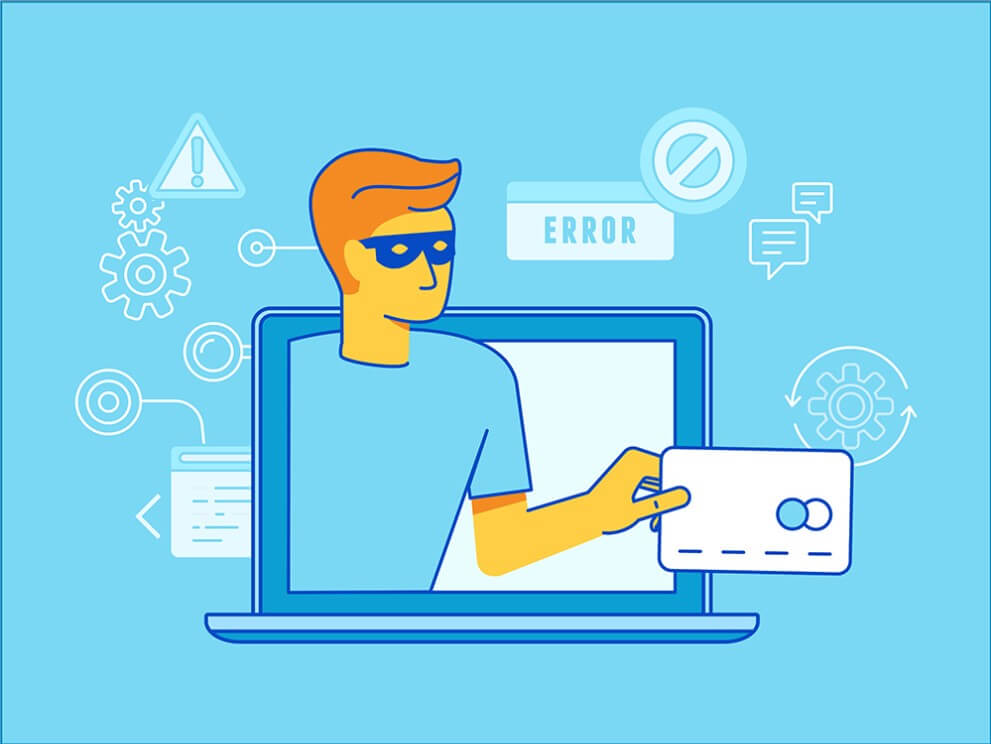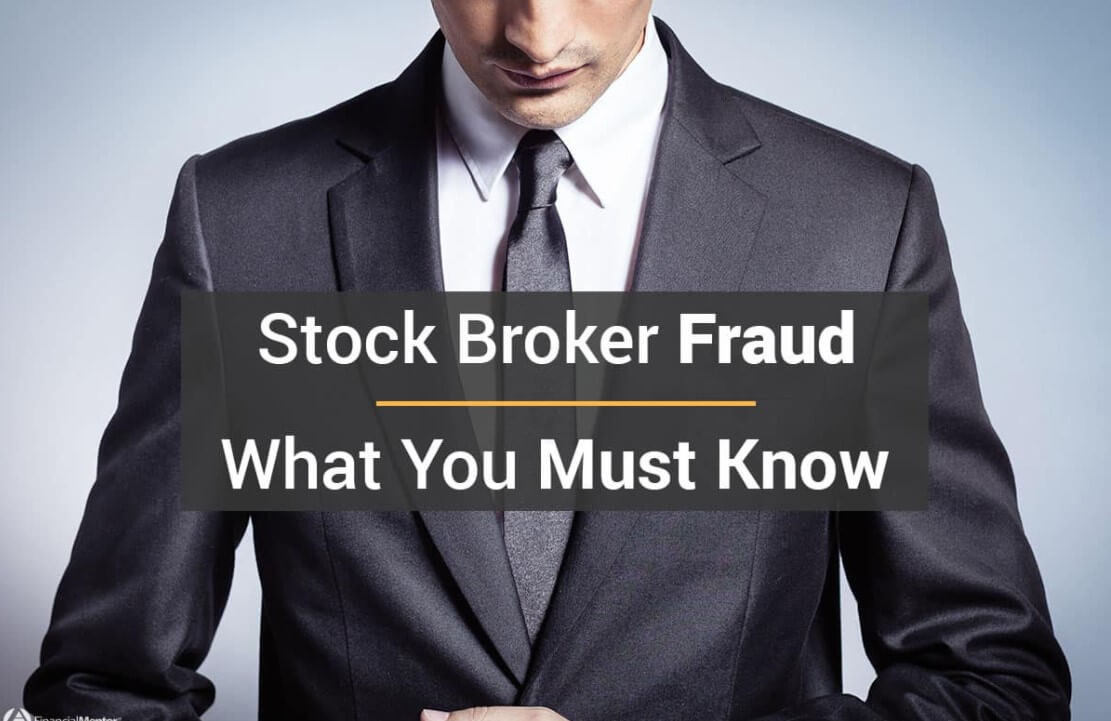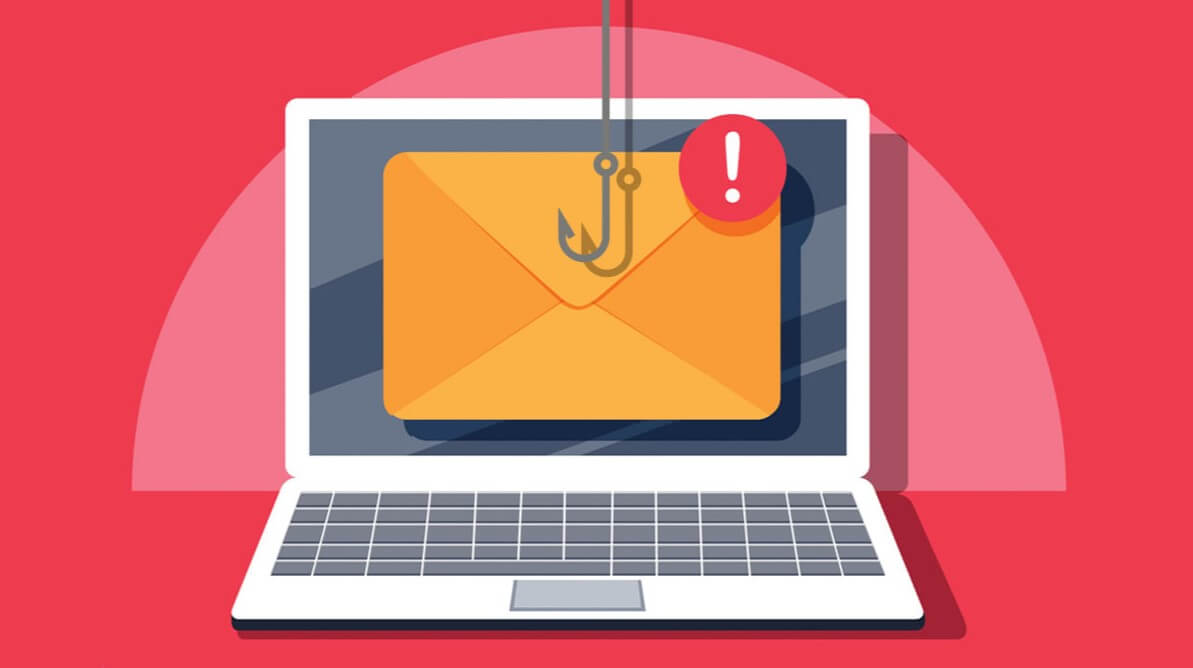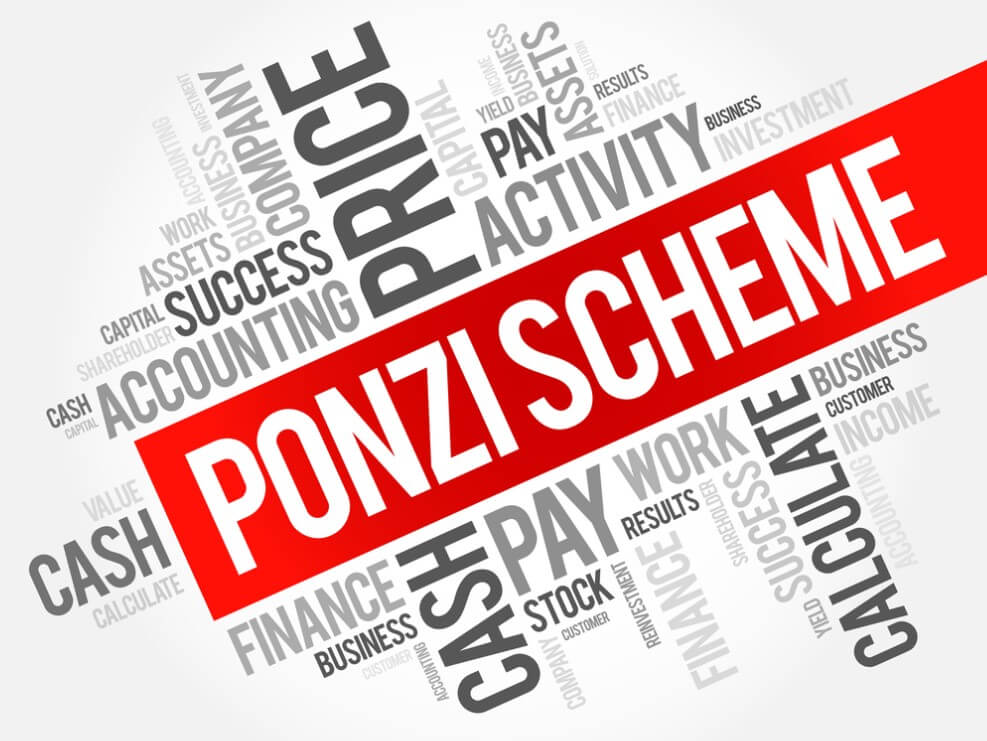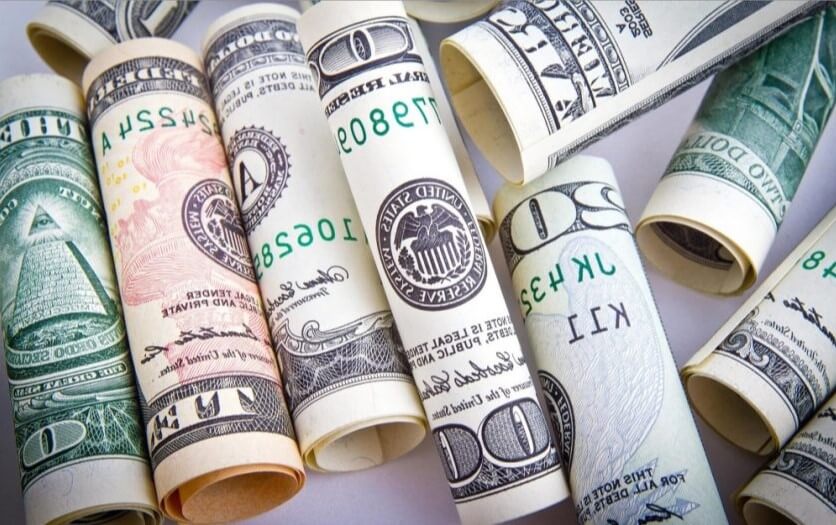The Forex market is filled with competitors, and more brokerages pop up every single day. With so many options out there, comparing choices can be difficult or even overwhelming. Novice traders may not be apt at spotting scams, since many of these brokerages have nice websites and seem legitimate to the untrained eye. Unfortunately, there are a lot of scammers out there, and opening a trading account with one of them is one of the worst financial mistakes you could make.
Don’t let us scare you – good brokers are out there; you simply need to be able to identify the difference. Below, we will provide some tips that can help our readers know what to avoid when searching for a broker.
-Transparency: A good broker offers a transparent website. Details about their account types, funding methods and fees, leverage options, and minimum deposit requirements should be clearly explained. If you’re left with more questions than answers, look for a broker that provides this information upfront. After all, this is need-to-know information!
-Check to see if the broker is regulated. This should be clearly indicated towards the bottom of the website, but you could also check the broker’s “About Us” page. Regulation is a good sign that the company is legit, although US-based residents may need to lower their standards because many regulated brokerages cannot offer service to these clients.
-Remember that it is impossible for any brokerage to promise they will make you rich. There is no way for them to know that you will make profits, so any such claims are a bad sign.
-Searching for background information about the company is a great way to see if things are legitimate. User reviews can also give insight into any hidden issues. Reviews might detail issues where brokerages won’t release funds to multiple clients, or other problems you wouldn’t otherwise know of.
-Be sure to check the funding page for withdrawal rules. Some brokerages impose ridiculous rules and minimums that make it difficult for traders to withdraw their profits.
-Check out the customer service options offered by the broker. Now, bigger brokerages can generally afford to employ LiveChat agents where smaller companies can’t, but listed contact methods and an address are all good signs.
-Use common sense: if something seems too good to be true, it probably is. Forex trading is risky no matter what, and brokerages need to make a profit.
-Always check to see what type of spreads are being offered by the broker. On the benchmark pair EURUSD, spreads should be around 1.5 pips or less. We wrote about the importance of transparency earlier – never open an account with a broker that isn’t upfront about their spreads.
Forex Robot Scams
Although Forex robots are different than brokerage-based scams, they can still cause a lot of damage. Before purchasing a robot, do some research about the company or individual that is selling the product. Avoid any claims that the product is guaranteed to make you rich. Instead, look for good backtest results and tips from the author. Many providers will allow users to rent such a product before paying full price, or to at least test it on a demo account.
If you’re ever unsure, then reading user reviews and testing are the best methods of finding out the truth. Know that many of these products aren’t profitable and companies may present one backtest out of hundreds to trick traders into thinking their robot is more profitable than it really is.

